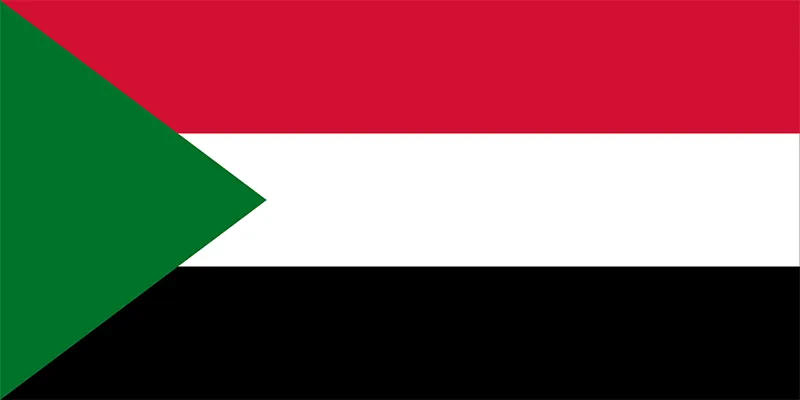A political agreement in Sudan, intended to bring about a transition to civilian rule after the October 2021 coup, has been postponed due to conflicts between the paramilitary and military factions. The delay has prevented the establishment of a non-military government and highlights the ongoing power struggle in Sudan.
On Saturday, military leaders and the main pro-democracy network in Sudan revealed that the signing of the political agreement had been postponed due to disputes between the paramilitary and military. The agreement was designed to establish a civilian-led government and was set to be formalized on the same day.
Khalid Omar, a representative from the pro-democracy faction, informed the gathering about the progress made towards the conclusion of the agreement. The two sides discussed the only major issue still outstanding, which is a technical matter concerning the military and security restructuring.
The African Union, the United Nations, and the intergovernmental authority on development in Eastern Africa facilitated a gathering in Khartoum between the two different parties, each composed of representatives from both the military and pro-democracy groups.
In December 2021, a framework agreement was signed between Sudan’s ruling generals and the major pro-democracy movement. However, essential dissenters have not participated in the agreement. Shihab Ibrahim, a spokesperson for one of the supporters of democracy, reported that the timeline for reforming the security sector and integrating the influential Rapid Support Forces (RSF) paramilitary into the military has been a problematic issue.
Gen. Mohammed Hamdan Dagalo, also known as Hemedti, is the deputy head of the ruling military council in Sudan and the leader of the RSF. Gen. Abdel Fattah al-Burhan is the army chief and head of the military council.
The military is aiming for a two-year period of integration, but the RSF has proposed a decade-long window, the spokesperson noted. The conflicting interests of the paramilitary and military have led to ongoing disputes and delayed the establishment of a non-military government.
The spokesperson for the pro-democracy group declared on Saturday that both military and civilian groups have agreed to increase their efforts to tackle the unresolved technical matters between now and April 6th, and to attempt to reach an understanding on the outstanding issue prior to that date. The contract will be signed on April 6th if negotiations are successful.
Sudan has experienced significant political upheaval in recent years, with the overthrow of long-time dictator Omar al-Bashir in April 2019 and the subsequent military coup in October 2021. The military has been criticized for its role in suppressing pro-democracy protests and for its reluctance to cede power to civilian leaders.
The ongoing disputes between the paramilitary and military factions highlight the deep divisions within Sudanese society and the challenges of establishing a stable and democratic government in the country. The international community has expressed concern over the delay in the establishment of a civilian-led government and has called for the paramilitary and military to work together to resolve their differences.
In a statement on Saturday, the African Union reiterated its commitment to supporting the establishment of a civilian-led government in Sudan and called for the paramilitary and military to “exercise restraint, engage in dialogue, and find a consensual and peaceful solution to the challenges at hand.”
The delay also underscores the challenges of reconciling the various factions that have emerged in the wake of former President Omar al-Bashir’s ouster in 2019. While some elements of the former regime remain influential, the pro-democracy movement has been pushing for sweeping reforms and greater civilian control of the government. Achieving a lasting political settlement will require navigating these competing interests and addressing the underlying grievances of Sudanese citizens who have endured decades of authoritarian rule and economic hardship.




